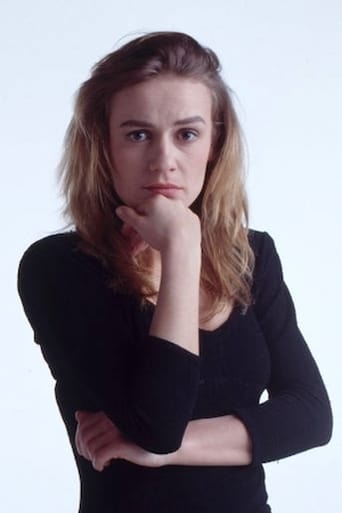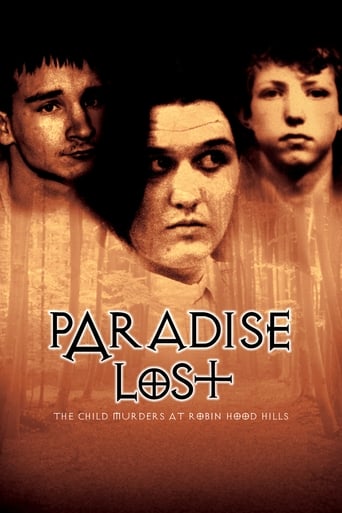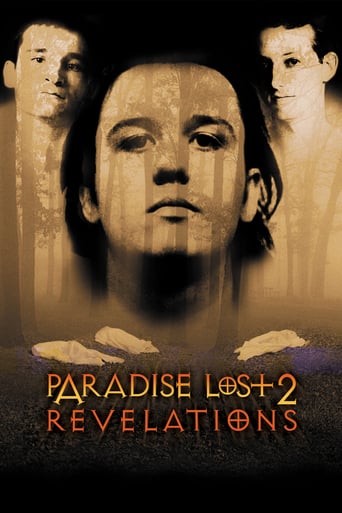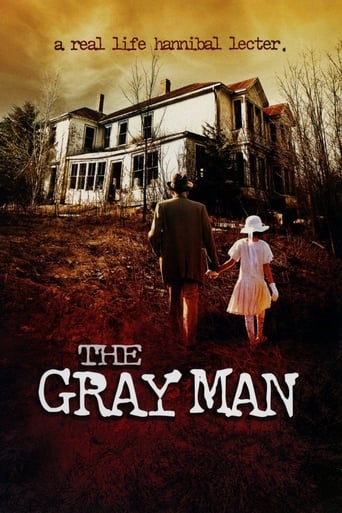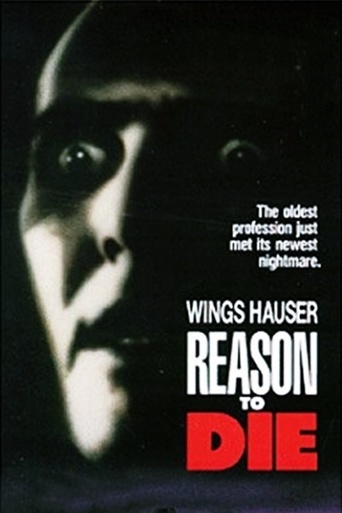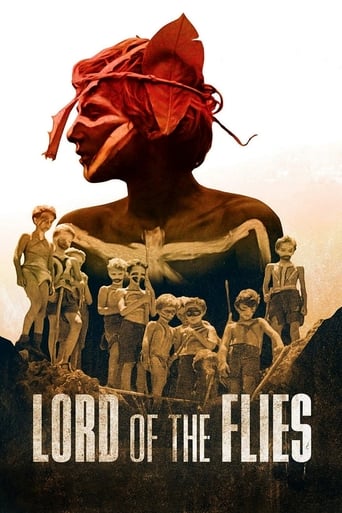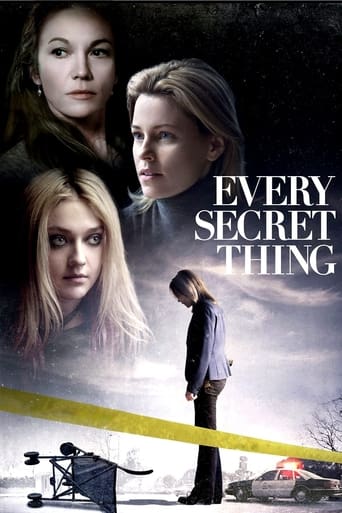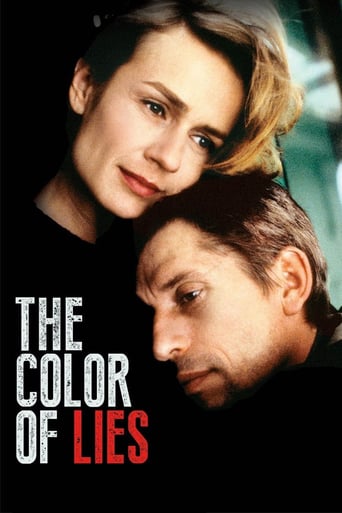
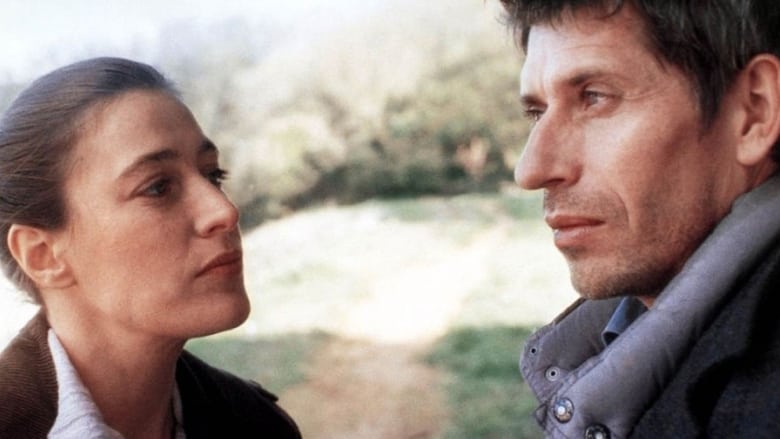
The Color of Lies (1999)
In a small Breton town, a 10-year-old girl is found murdered. René, her art teacher, a professional painter, is the last person to have seen her alive. The inspector in charge of the investigation immediately questions him. In this small provincial town where people all know each other and regularly meet at the Bar des Amis, René is increasingly unsettled by the other inhabitants' suspicions and by the inspector's investigation. Children stop coming to him for lessons. His wife, Viviane, a district nurse, protects him and supports him with her love. However, a self-centred media-star writer adds to René's confusion...
Watch Trailer
Cast


Similar titles
Reviews
"The Color Of Lies" is a whodunit, Chabrol-style: by limiting the number of suspects (who matter) to a minimum and basically focusing on the central character and one burning question - did he or didn't he? - Chabrol gives us plenty of time (some might say too much) to contemplate the implications of each possible answer: either an ordinary everyman is hiding a monstrous, inhuman killer inside, or a chronically unlucky, innocent man gets unfairly stigmatized by rumors and small-town-talk. For me the answer, when it finally comes, was quite a well-hidden surprise, but Chabrol adds another last-minute twist that does not really hold up; conclusive film endings are not his forte. On the other hand, making his films look and sound great IS his forte, and this one is no exception. There is something admirable about the way he sticks to his own measured, methodical style even at the turn of the millennium. Sandrine Bonnaire is wonderful, but Valeria Bruni Tedeschi seems both too young and too soft-voiced for her role as a police Inspector, though she gives it her best shot. **1/2 out of 4.
I never was a big fan from Claude Chabrol who said himself that for him movies have to be like stones. Chabrol is the master in so called psychological dramas and the problem with them is that the departing idea is interesting but that it never goes any further than an ordinary teleplay, and that's the same here. It's the story from some scandal in Bretagne. In a forest a child is found dead and as soon as the police arrives they accuse the man with whom the child was with the last time. The whole town is shocked and points a finger at an innocent man. The idea was inspired by Belgium's most famous crimestory, Marc Dutroux, a man (or monster?) who is accused for having kidnapped and murdered some children. A decade later the trial still hasn't started and the big question is of course : is he the one that has to behind bars? But good Chabrol doesn't even try to explain us such things, he just films everything in a cold docustyle and it's so slow you tend to watch your clock till it will end...
In this and some other of Claude Chabrol's movies, it is as though he sets out to defy himself and his audience to feel any emotion. The pace is even; characters rarely raise their voices or lose their tempers; there is no on-screen violence; and the sex is minimal and decorous. The colour is carefully orchestrated, with cool blue predominating; and though the film is set by the sea, this is not the warm, seductive Mediterranean, but the cold, off-putting Atlantic; when the weather deteriorates, there are no violent storms, simply thick fog.Though superficially a drama about the rape and murder of a young girl, the real subject of the film is deceit and lying. From the trompe l'oeil paintings of the main suspect René Sterne (Jacques Gamblin), through marriage infidelity, to the smug hypocrisy of TV celebrity G-R Desmot (Antoine de Caunes), all is a sham. Nor does Chabrol shy away from reminding us that the film medium itself is based on illusion - a character reassures another "that's the sort of thing you only see in movies". But for all the movie's careful construction, and despite my trying hard to suspend disbelief, some elements of the film remained deeply unconvincing and even ludicrous. In particular, I found it impossible to accept Valeria Bruni Tedeschi as a police chief with an ultra-mild demeanour and a penchant for pink knitwear. Also, the film ended so abruptly that I for one missed any final point made by Chabrol. Nevertheless, there may be viewers more discerning than I who will find more value in this movie.
The hypothesis of Chabrol: that life in society is only possible if it is based on lies, in the film, is a total lie! Also, it's interesting that the narrator at the actual time of these problems: pedophilia, unemployment, female cops (on television), was neurotic. It seems contrived in many situations: the infidelity of Vivianne (the nude painting of her), the assassin (the photo that was found in the assassin's bag).


